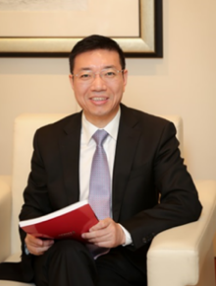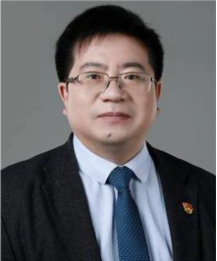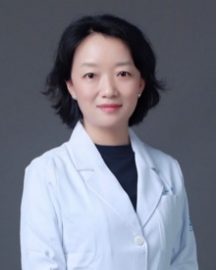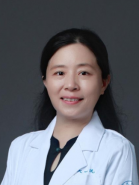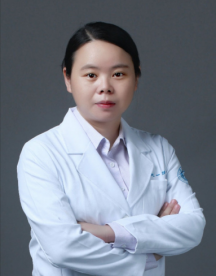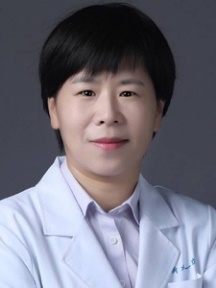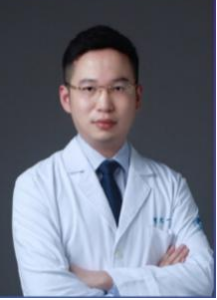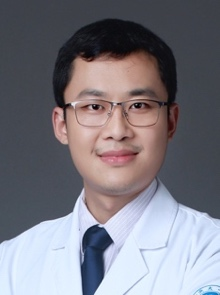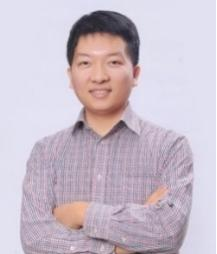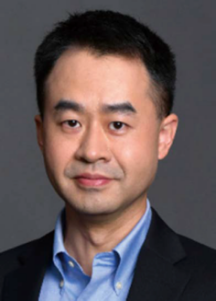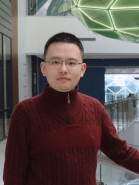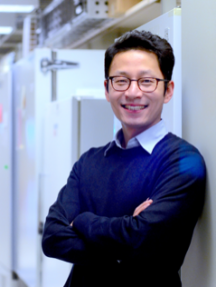Monday
1st day of week: introduction & welcome, program overview and objectives
Campus visit of Yuhang campus, Bone Marrow Transplantation Center and Liangzhu Laboratory
Weekly: Clinical rounds and academic lectures
Tuesday
Weekly: journal club, clinical rounds, outpatient observation, academic lecture
Focus: hematopoietic cell transplantation patient rounds and bedside teaching; instruction and Q&A on theoretical knowledge related to hematopoietic cell transplantation; cutting-edge technologies and research progress in hematopoietic cell transplantation.
Biweekly: mentor one-on-one training
Wednesday
Weekly: discussion of difficult cases led by Prof. Huang, and multidisciplinary team (MDT) meetings.
Weekly: clinical rounds, outpatient observation, academic lecture
Focus: bedside teaching for patients receiving CAR-T cell immunotherapy; research progress in CAR-T cell immunotherapy; instruction and Q&A on theoretical knowledge related to CAR-T cell immunotherapy.
Biweekly: mentor one-on-one training
Thursday
Weekly: journal club, clinical rounds, outpatient observation, academic lecture
Focus: patient rounds and bedside teaching on other hematological diseases including multiple myeloma, leukemia, etc.; instruction and Q&A on theoretical knowledge clinical trial design, international collaboration, clinical data analysis, etc.
Biweekly: Mentor one-on-one training
Friday
Weekly: Journal club, Clinical rounds, outpatient observation, Academic lecture
Weekly: Academic lectures on frontier basic research in hematological diseases. Free discussion with leading experts on basic research.
Last Week: Wrap-Up & Reflection, Participant presentations or discussion of key takeaways, Feedback session (e.g. online survey or live Q&A)

